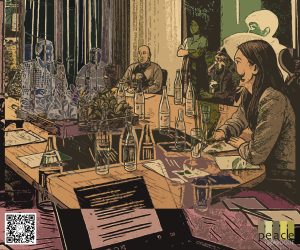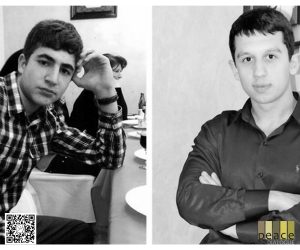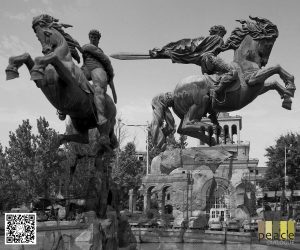ACTIVITIES
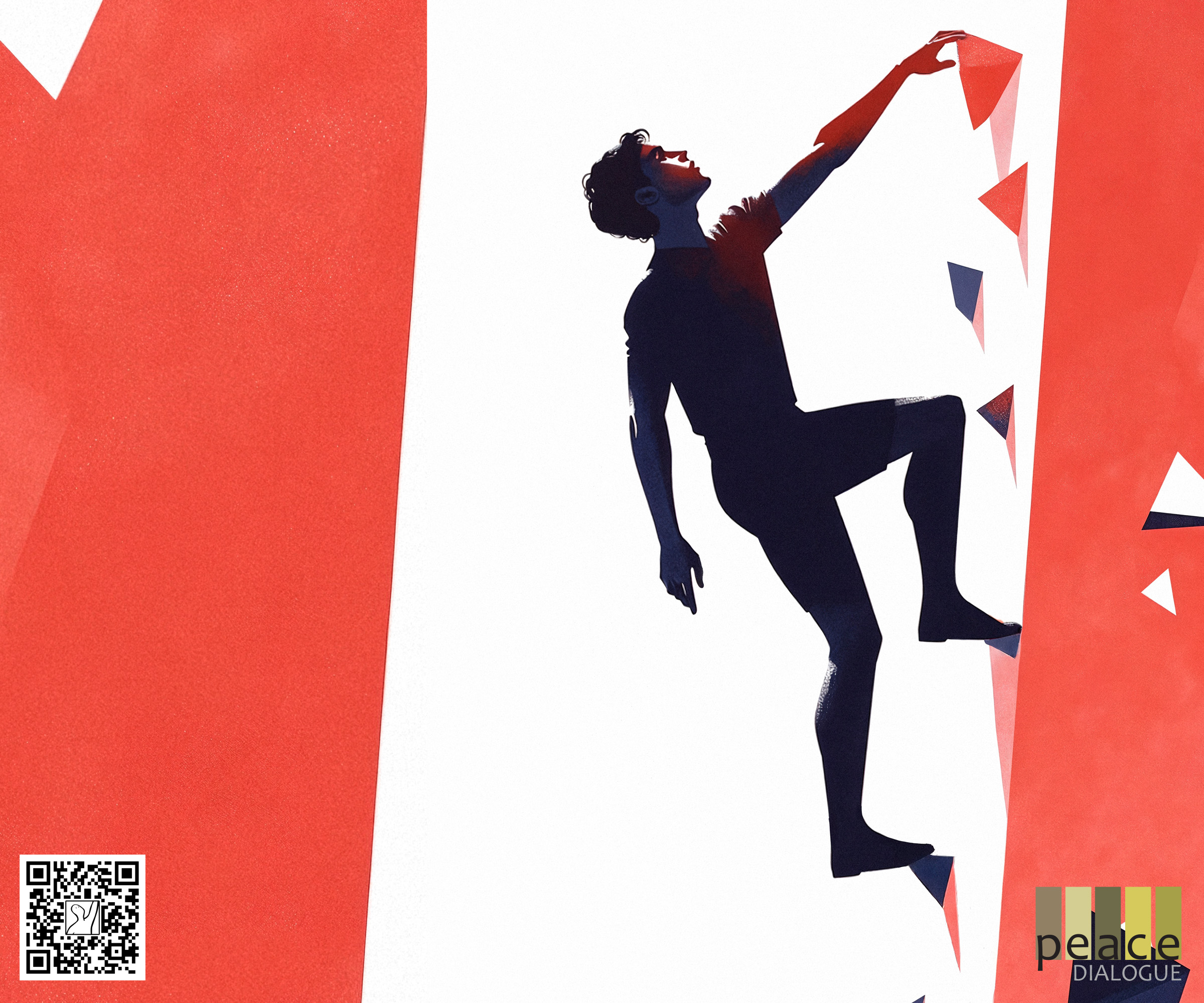
PEACE DIALOGUE NGO’S STRATEGY: 2026-2030
In conflict and post-conflict environments, through its initiatives conducted locally, regionally, and internationally, Peace Dialogue endeavors to make meaningful contributions to:
- Forming multi-dimensional dialogue,
- Protecting human rights,
- Cultivating a culture of peace and fostering peace movement,
- Nurturing respect for democratic values,
- Facilitating the development and fortification of democratic institutions,
- Avocating for the interests and rights of conflict-affected groups.
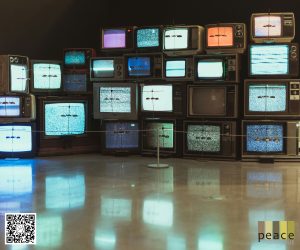
Multi-Stakeholder Foresight Dialogue: Exploring Future Scenarios in Armenian-Azerbaijani Relations
Change through art
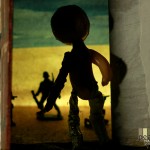
On March 25 screening of the films, produced under the umbrella of the regional program “ARENA: Community Theatre and Public Art” launched and supported by the “Peace Dialogue” NGO, and a follow up discussion took place in the coffee shop “12 Chairs”. Documentary and animated movies “The Corridor” (director Igrar Gurban, Azerbaijan), “Mark Lvovich Tyulpanov and Others” (director Daria Kavelina, Ukraine), and “Hostility” (director Norayr Hambaryan, Armenia) were shown.
ARENA: Supporting Local Peace Initiatives
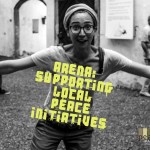
The project “ARENA: Community Theatre and Public Art” was launched in 2015. The project is aimed at improving the impact of peacebuilding efforts by the civil society actors in the conflict affected post-Soviet area. For the last three years, the project initiators, Armenian NGO Peace Dialogue and OWEN e.V. in Germany, support peacebuilding and human rights activists as well as independent artists from the South Caucasus Region, Russian Federation and Ukraine in developing pro-active, art-based strategies and hands-on methodologies for the community-based peacebuilding.
In 2018 the teams in PD and OWEN will strive to support the local groups in implementing activities derived from their strategies, further strengthen the regional network and to involve new actors from the mentioned regions.
“The story of Mark Tulip”. First screening in Kyiv

December 22, 2017 at the Kyiv office of the Rosa Luxemburg foundation, was the first public screening of an animated film by Dana Kavelina “The Story of Mark Tulip Who Talked to Flowers”.
“Nation-Army”: a way to resist challenges or a challenge itself?
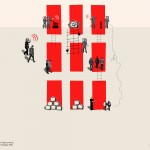
Nevertheless, putting aside the occurrences when the deaths of the killed soldiers were presented as results of the ceasefire violation, 70% of the 1020 cases collected on the website are not connected with the violation of the ceasefire, instead they are the result of unresolved issues, unhealthy atmosphere in the army, and the non-statutory relationships.
ARENA Community: Translating the Action Plan into a Real Action.
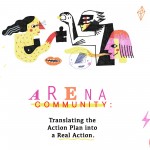
The ARENA network was established in the framework of the project “ARENA: Community Theatre and Public Art” of Peace Dialogue NGO and its German partner OWEN. The project is aimed at improving the impact of peacebuilding efforts by the civil society actors in the conflict affected post-Soviet area at the grass roots level. In August, 2017 the participants of the network developed a strategy for the ARENA community, consisting of various actions to be implemented in the communities of the network members in the South Caucasus, Russian Federation and Ukraine.
Meeting of the ARENA project participants at the Permanent Mission of Austria to the OSCE
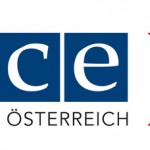
On August 18, 2017 the representatives of the Permanent Mission of Austria to the OSCE hosted the participants of the ARENA Summer School held from 14th to 21st of August, 2017 in the Austrian Study Centre for Peace and Conflict Resolution (ASPR). Apart from the representatives of the Permanent Mission of Austria to the OSCE and the Arena network participants, the representatives of the Europe Integration Foreign Affairs Ministry of Republic of Austria and representatives of OSCE delegations from France, Italy and Finland attended the meeting.
ARENA Summer School for Creative Strategizing
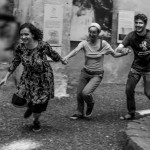
From August 14th to 21st, 2017 the participants of the project ARENA: Community Theatre and Public Art gathered at the Austrian Study Centre for Peace and Conflict Resolution (ASPR) in Stadtschlaining, Austria, for the ARENA Summer School for Creative Strategizing. The place is known as a unique center for peace education in Europe. “The castle Burg Schlaining, the venue of the Summer School, used to be an agricultural center at peace times and a hospital or a prison during wars. From 1982 it is home for Austrian Study Centre for Peace and Conflict Resolution.” – said Lazlo Farkas, the head of the international training programs of the Study Centre, during his presentation of the history of the “Peace Castle” and the current activities of the Study Centre in Stadtschlaining.


